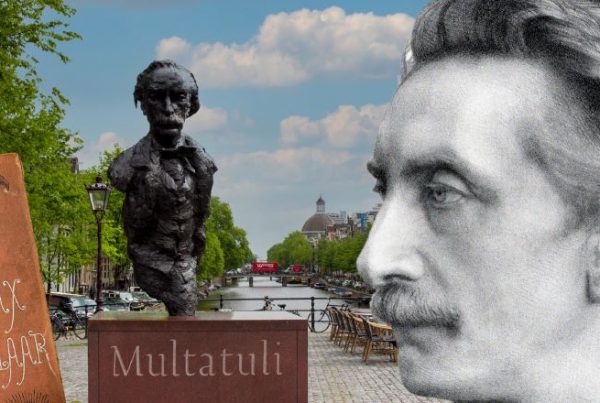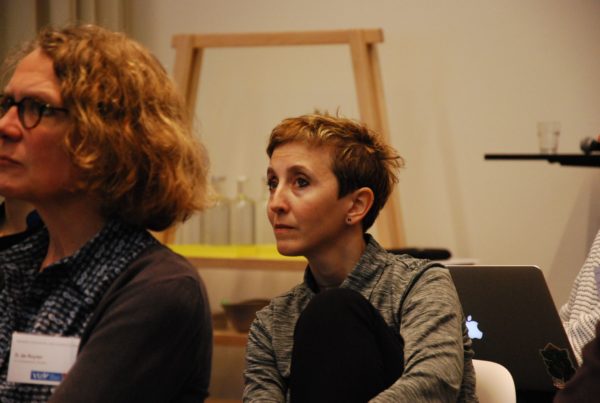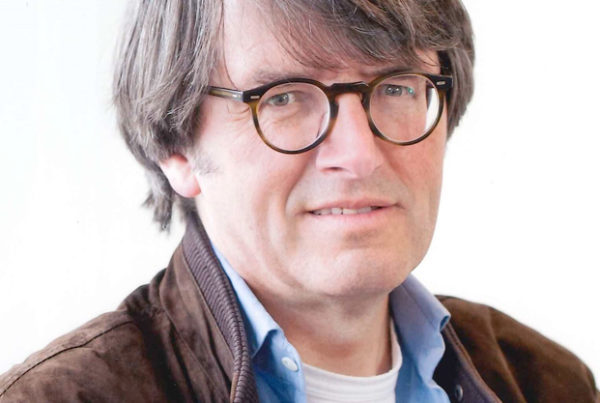March 10th 2017, Anne Ruth Mackor is speaker at the symposium ‘Evidence Matters‘.
Abstract Anne Ruth Mackor
Novel facts (in criminal law cases)
Susan Haack rightly emphasizes the importance of insights from epistemology and philosophy of science for reasoning about evidence in criminal law cases. Her foundherentist approach seems to share some characteristics with the theory of scenario-and-anchoring of (among others) Peter van Koppen.
One important difference between Haack’s approach and the theory of scenario-and-anchoring seems to be that the latter puts emphasis on the comparison of alternative scenario’s. So-called discriminating facts – facts that can be explained by one scenario but not by the other – play a central role in this comparison. For example, if a defendant denies that he has ever been at the place of the crime and states that he was at home at the time of the crime (alternative scenario), evidence such as DNA or finger or shoe-prints (discriminating facts) discriminates against his scenario.
In my presentation, I hypothesize that the criterion of discriminating facts might be too weak in some cases and too strong in others. I investigate whether and how the criterion of novel facts should play a role too. I discuss an example that clarifies both the relevance of novel facts as well as the tension between the criterion of novel facts and the right to remain silent.
Biography
Anne Ruth Mackor is Professor of Professional Ethics, in particular legal professions at the University of Groningen. She studied Law at the Leiden University and Philosophy in Leiden and Groningen. She recieved her PhD in 1997 at the Faculty of Law at Rijksuniversiteit Groningen with a dissertation on “Meaningful and rule-guided behaviour: a naturalistic approach.”





